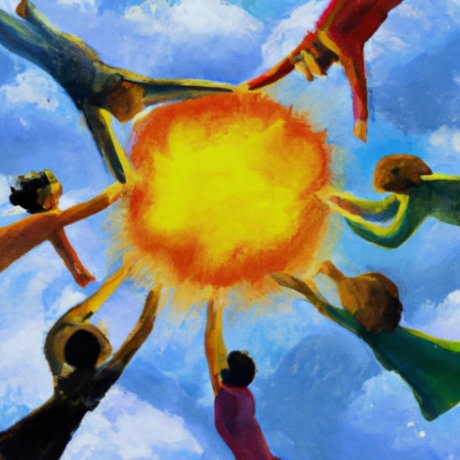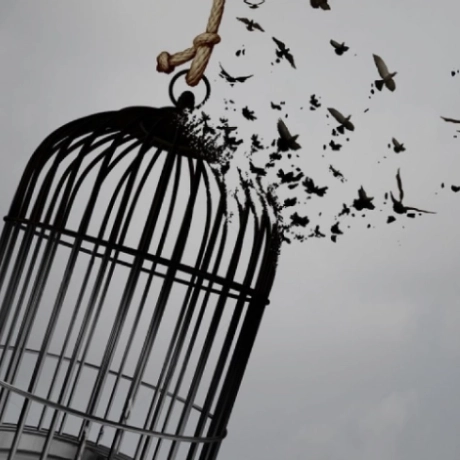
Mental Health
Mental health problems such as depression, low self-esteem, anxiety, self-harm and suicidal tendencies, and PTSD, are not uncommon amongst survivors of violence.
Read More
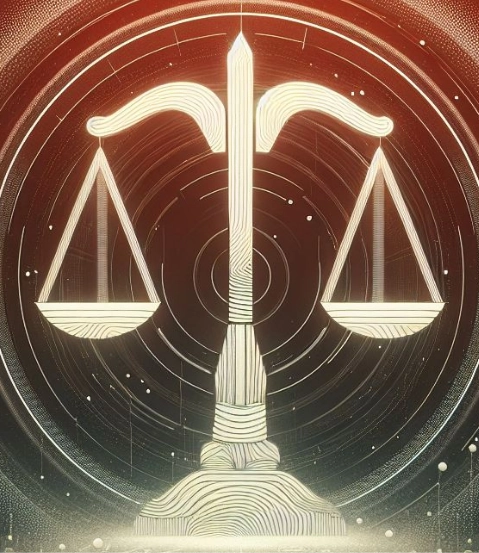
Access to Justice
Survivor representation within the Criminal Justice System (CJS), can shift attitudes or responses from the judiciary, in favour of the rights of the survivors.
Read More
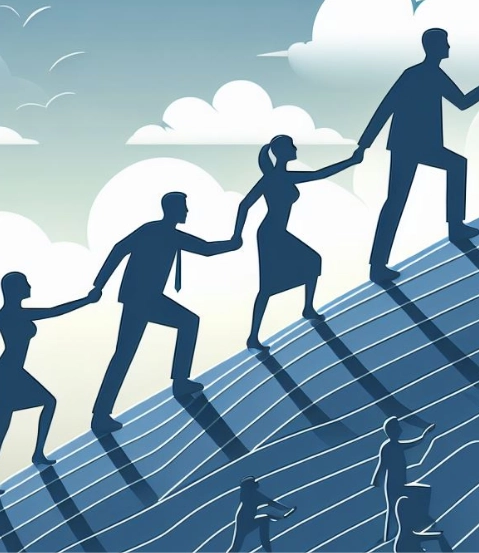
Survivors Leadership
Sanjog believes that if trafficking, violence and abuse are to be checked and curtailed, it is necessary to build pedagogy on leadership with people and groups who have been victims of violence and exploitation.
Read More
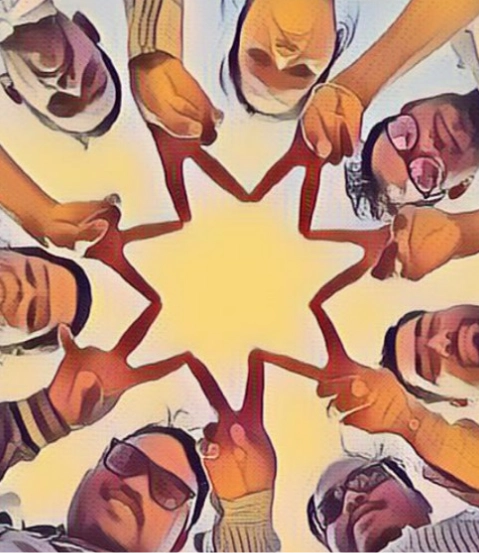
Assimilation
For survivors to be reintegrated into their communities, it is essential to address the intersectionality of various issues. Recognising the impact on the survivors’ mental health can allow for justice to be redefined.
Read More
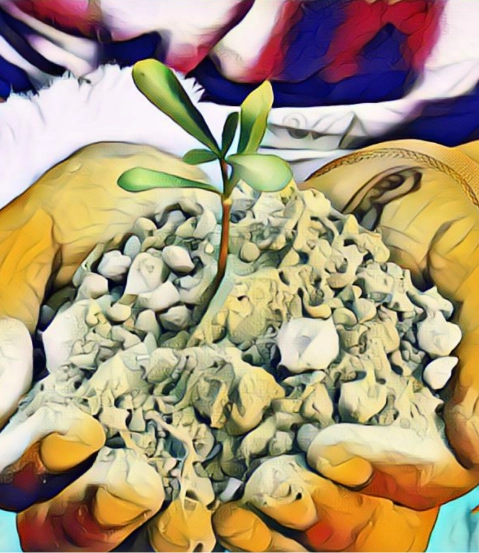
Financial Inclusion & Livelihoods
Sanjog recognises that for survivors to be financially independent, government and non-government stakeholders need to work together to create a supportive ecosystem that affords them their agency.
Read More
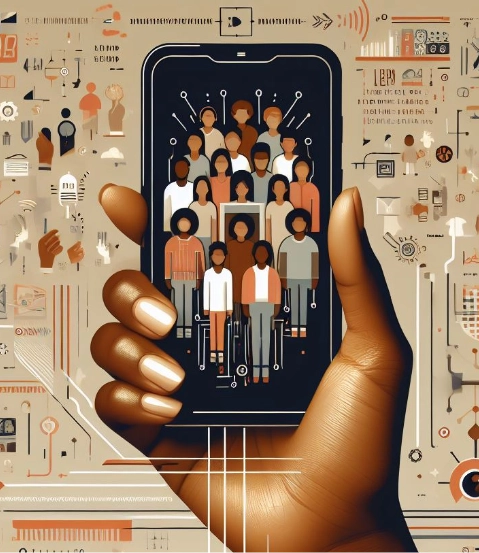
Technology for Social Empowerment
Sanjog fundamentally sees technology as a powerful tool to empower marginalised communities, providing them with the means to access resources and challenge prevailing power structures.
Read More
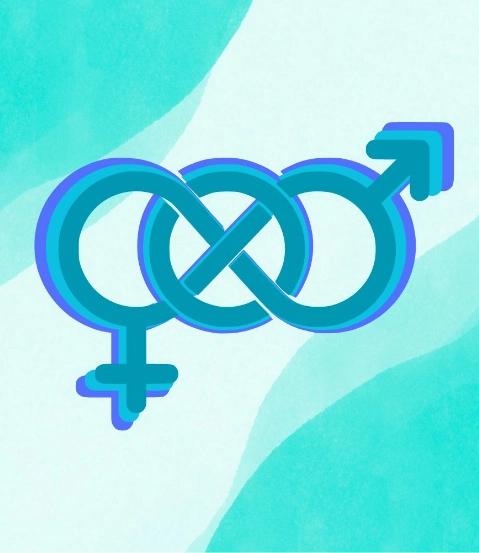
Gender Equity
One of the many ways in which Sanjog approaches the issues of survivors of violence is through the lens of gender equity and the intersectionality of spaces.
Read More

